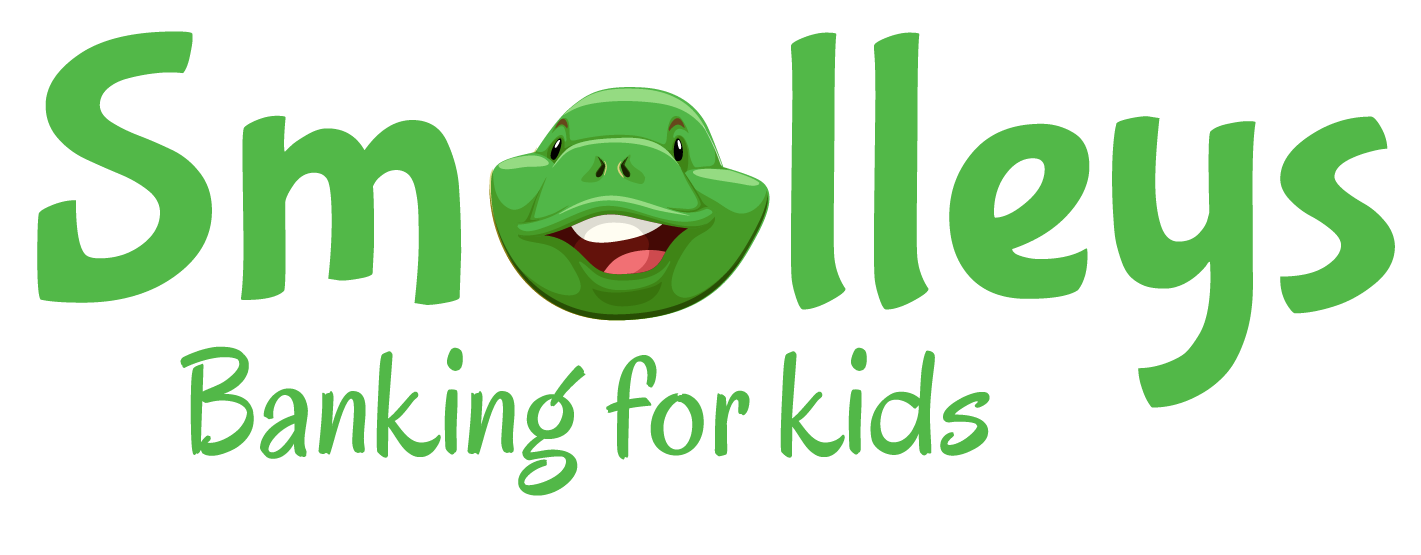Why Introducing Kids to Banking Matters

Banking for the Youth in Rwanda: Empowering The Next Generation
June 6, 2023
Banking In Rwanda -From Recovery To Growth
June 6, 2023Why Introducing Kids to Banking Matters
In today’s rapidly changing financial environment, banking plays a crucial role in driving economic development and allowing individuals and businesses to accomplish their financial objectives. Understanding the principles of banking, as a critical pillar of the economy, is crucial for anybody wanting to navigate the world of finance. The importance of teaching kids about personal finance and budgeting has also grown in recent years. Teaching children about banking is very important and young people may set themselves up for a lifetime of financial success by learning the value of banking at an early age. This article provides a detailed explanation of banking, with a special emphasis on its importance for children, specifically in the context of Rwanda.
Banking entails a variety of transactions that can be performed through financial institutions that receive deposits from individuals and other entities. Banking is well-known in the economy for its importance in providing services to companies and people, such as offering loans, checking accounts, and a variety of other services.
In Rwanda, there are currently 16 commercial banks as well as a number of microfinance institutions and rural savings and credit cooperatives. The sector is overseen by the National Bank of Rwanda. In a descending order of market share, the three most prominent commercial banks are Bank of Kigali, BPR Bank Rwanda, and I&M Bank.
Additional financial institutions operating within Rwanda include Ecobank, GT Bank, Equity Bank, NCBA (previously known as the Commercial Bank of Africa (CBA)), Access Bank, Bank of Africa, Cogebanque, Urwego, Development Bank of Rwanda, as well as microfinance banks such as AB Bank, Zigama, and Unguka.
Kids must learn how to bank effectively from an early age since it is a skill that few are taught to utilise. As children transition into adulthood, it becomes imperative for them to possess a bank account and acquire the necessary skills to effectively manage their finances, particularly in relation to their employment earnings. Each of us, as human beings, will eventually require employment as a means of surviving in life. When taught to use a bank at a younger age, children are more likely to know how to properly allocate funds and use their bank account to track their savings and spending patterns.

Source: https://blog.bibank.com/blog/banking-for-kids-how-to-teach-children-the-importance-of-savings-and-investments
Ways to get your kids interested in Banking :
Getting young people interested in banking may be done in a number of different ways. One strategy is to begin when the children are still little. Create a savings account for your kid and put money in it regularly. Giving your child a chore allowance gives them real-world experience with financial management.
They will also develop a feeling of pride in their work and the ability to manage their own finances. Determine a general framework for the allowance system, including the amount, the chores required to earn it, and the frequency of distribution.
This sets clear expectations and can motivate your child. Then, your child will be able to earn and spend their own money. Allow them to chose what they want to spend their money on and coach them through what they should think about.




